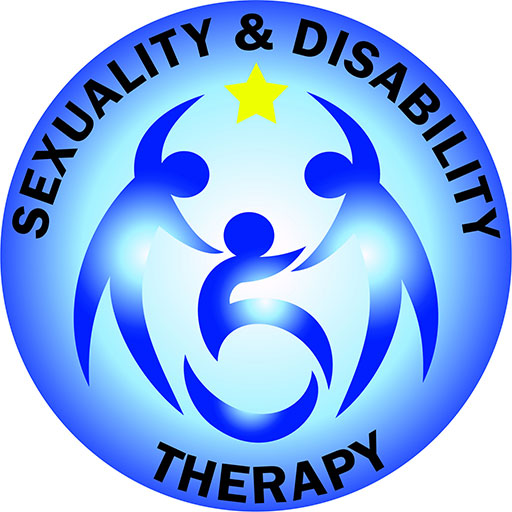Sexuality & Disabilities Therapy
The Sexuality & Disabilities Therapy Training will be taught through the lenses of disability rights and disability justice, orienting students to the broad range of sexuality-related challenges that can occur for people with disabilities across the lifespan.

The Sexuality and Disabilities Therapy Training empowers mental health and other health care professionals to provide informed, affirming care for individuals navigating issues related to sexuality and disability. This specialized program covers key areas such as inclusive communication, adaptive therapeutic techniques, and the unique challenges faced by clients with disabilities in their sexual lives. Led by experts in disability and sexuality counseling, this training equips practitioners with the essential skills to address topics of intimacy, relationships, and self-expression, creating a safe, supportive space for clients.
61 million Americans and approximately one billion people world-wide live with some form of disability that limits one or more major life activities. Despite civil rights successes such as The American with Disabilities Act, people with disabilities continue to be discriminated against in both public and private life. This comprehensive program will enable sexuality educators, professionals, and therapists to work with clients as they confront discrimination and accessibility challenges with respect to sexual/gender identity, intimacy, and sexual expression. The program will be taught through the lenses of disability rights and disability justice, orienting students to the broad range of sexuality related challenges that can occur for people with disabilities across the lifespan. Specific topics discussed include sexual ableism and its intersection with disability movements, how various disabilities affect the physiology of sexual functioning, sexual communication barriers and their impact on sexual consent, and ethical concerns in working with disabled clients across the lifespan. The program is meant for both seasoned practitioners seeking more disability focused training and early career sexuality practitioners seeking specialization in disability-focused care.
All classes may be attended via live webinar.

This can be your chosen specialty as part of the IICS doctoral program or as a standalone certification through the TCA.
Sexuality & Disabilities Therapy Program may also be taken individually for certification separate from the PhD program. Please refer to www.TherapyCertificationTraining.org for more information or to register for a program. If you are an IICS student, you may register and take 10% off.
Share with friends and/or colleagues
Unsure or got any questions?








